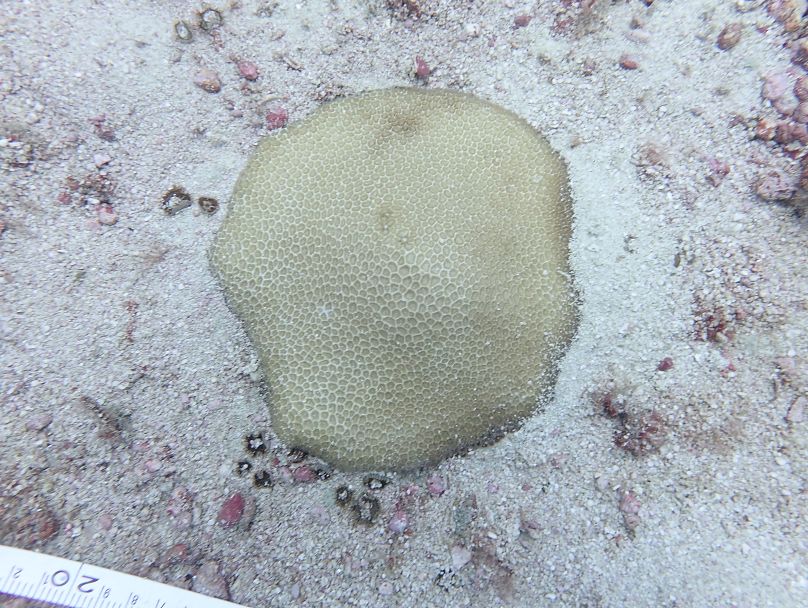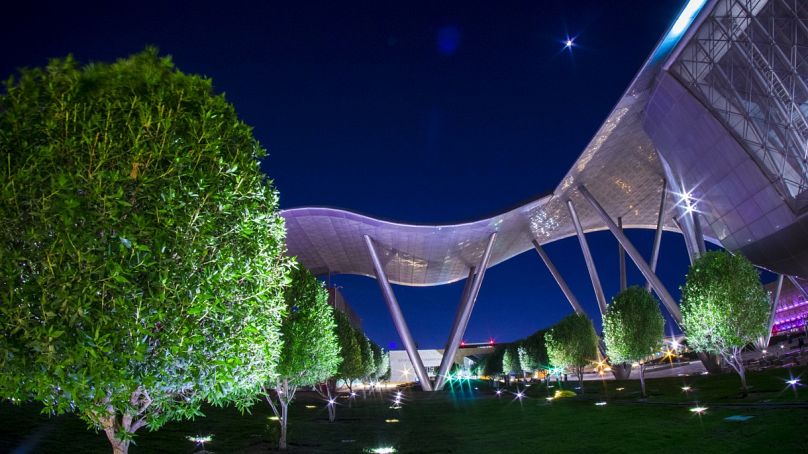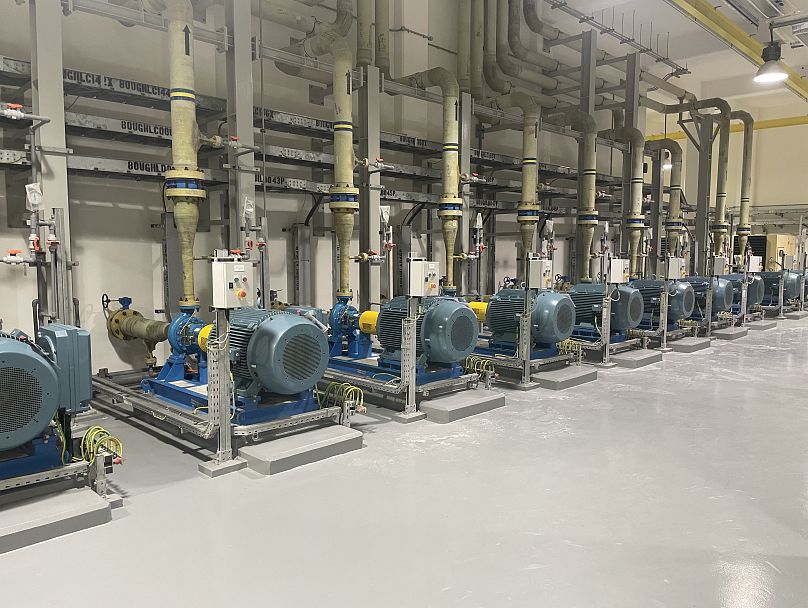In this episode of Qatar 365 the team focus on Qatar's efforts to maximise its finite water resources.
Coral reefs are the most diverse ecosystems, existing for more than 200 million years. While they’re home to a large portion of ocean life, scientists warn that more than 90 percent of the world’s reefs could be lost by 2050, unless urgent action is taken to tackle global warming.
 ADVERTISEMENT
ADVERTISEMENT
 ADVERTISEMENT
ADVERTISEMENT
Saving coral reefs
At Qatar University’s marine department, scientists from the Department of Biological and Environmental Sciences, and the Environmental Science Center, are striving to protect coral in the Arabian Gulf with a coral reef restoration project.
Ninety kilometres off the coast of the capital, Doha, a coral nursery, with fragments from donor colonies are nurtured until fit to be returned to their degraded reefs. Almost a quarter of the world’s reefs have already been destroyed. “We are now, unfortunately, at the stage where we can no longer just trust that if nature is given its course, it will naturally recover,” says Research Assistant Professor, Pedro Range.
Associate Professor in Marine Sciences & MARESCO Team Leader, Radhouane Ben-Hamadou, says that dive surveys and initiatives like these are vital to understand growth, and mortality rates, especially in extreme climates. Despite the Arabian Gulf being the hottest sea in the world, the rates of coral recruitment are high. This occurs when tiny coral larvae float away and attach themselves to new reef communities. An onshore nursery also further helps coral to reproduce in optimum conditions.
Qatar is also the first college in the country to allow women to study marine sciences, “I love the environment so much, and I decided to contribute to that by being a marine scientist and helping the ocean,” says undergraduate Noora Nasser Al Thani.
Water Sustainability
At Qatar’s Science and Technology Park, scientists from ConocoPhillips’ Global Water Sustainability Centre, are working on understanding environment-related technologies including water purification and wastewater recycling, especially from the oil and gas operations in the country.
Managing Director Samer Adham says, “for every barrel of oil that we produce, we produce with it three to five barrels of water…we re-inject it back to the reservoir to maintain the reservoir pressure and enhance oil recovery.”
The centre also aspires to educate children about the value of water and importance of conservation.
Dedicated to desalination
Qatar has huge expanses of desert but readily available seawater. To make it drinkable, the massive plant, Umm Al Houl, introduced the method of reverse osmosis on a huge scale.
Seven hundred and twenty-five megalitres of water are produced daily. Getting the water from the sea to the taps of 47 percent of the population is an intricate process, “injecting the water with a pressure we can separate the ions and we can remove the salt,” explains Acciona Plant Manager, Pedro Cortes Reyes.
The process is high-tech, yet sustainable, explains Acciona Desalination Middle East Director, Guillermo Hijos Gago, “our company is focusing on using artificial intelligence, big data, neural networks and other digital solutions to make sure that we increase the efficiency of our plants, increase efficiency by improving our chemical consumption… but mostly by reducing our energy usage.”
The Water Center at the Qatar Environment and Energy Research Institute or Qeeri is equally dedicated to realistic and innovative solutions, “we look at the development of novel technologies that can be more energy efficient and integrated with renewable energy as we transition towards solar within the country” says, Dr. Jenny Lawler, Qeeri’s senior research Director.
Qatar’s vision clearly has a focus on water security under challenging circumstances aiming to have enough drinking water for all, in a sustainable future.














